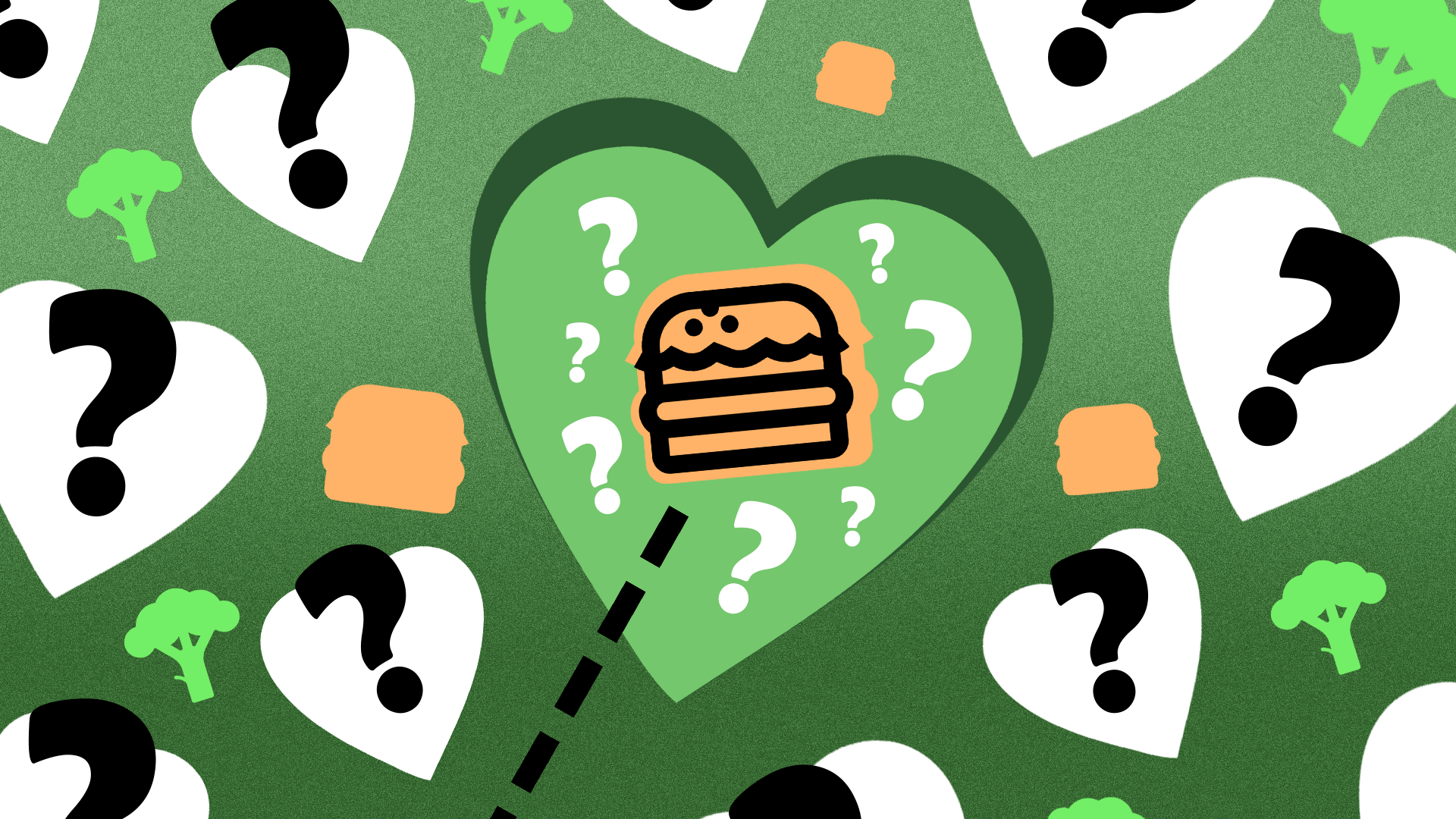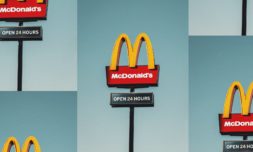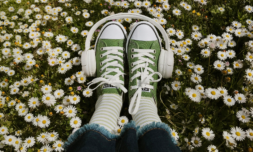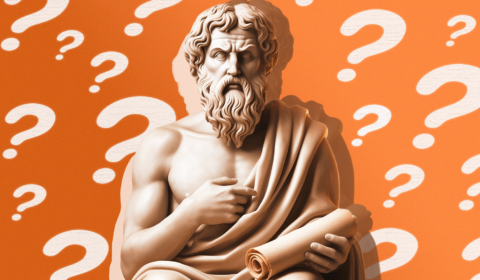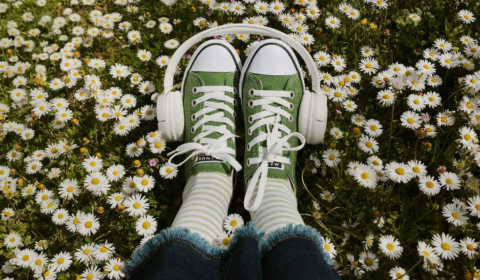Filtering our search for love
Luckily, technology has found its way of solving our needs and wants. Karin Ridgers, a vegan who has been happily married for 27 years, recently founded VeggieVision Dating, a service that matches plant-based lovers to other ‘like-minded individuals’.
Ridgers had listened to endless stories about couples falling out of love because of misunderstandings and husbands blackmailing their wives so they could keep eating meat. And after many speed dating sessions and vegan festivals later, she launched VeggieVision.
‘In the hopes that one day, I will be buying a hat and going to a vegan wedding for a couple who met on [my website],’ she explains.
Ridgers isn’t alone in her want to give everyone the love they deserve. Apps such as Veggly and Grazer are also great resources. But are they solving the issue, or widening the gap?
The Green Chef report further uncovered that 53% of millennial vegans and vegetarians would avoid inviting a meat-eater round for a social occasion — a third of which are fed up with being ‘preached at’. While 33% of the same generation see it as an opportunity to ‘take vengeance’ on meat-eaters for never cooking to vegans’ needs when the roles are reversed.
Kat Park, a non-vegan, says that although she’s been reducing her meat intake to help the planet, the ‘preachiness’ of vegans puts her off.
‘A date once said to me: “I only agreed to a second date because I think you’ll see the light and become vegan,”’ she says. ‘That only made me want to run to the nearest McDonalds and get a Big Mac with nuggets on the side.’
Park is one of many vegan and non-vegans who are disappointed by the ‘moral high ground’ that some in this community have created. Mary Mandefield, who has been vegan for four years, also recognises it — and it’s a big reason as to why she isn’t always attracted to plant-based consumers.
‘Vegans can be quite egotistical and stubborn so they don’t always make the ideal partner,’ she says. ‘I’d often find they weren’t open to hearing from other people… but you’ve got to realise not everyone will think like you.’
Some non-vegans she’s dated, on the other hand, have been a lot more open to trying new foods together and she has been reassured by the fact that their whole personality isn’t focused on ‘being vegan’.
So, should we filter our attractions based on our diets?
‘Lockdown has given singles time to think about what they prioritise in a date with dietary preferences top of the list,’ says Anna Tebbs, head chef and nutritionist at Green Chef. ‘Food has always been about bringing people together — we need to break down these barriers between meat-eaters and vegans by making it easier to cook for one another.’
Gen-Z is perhaps the most accepting of all generations when it comes to transitioning to veganism — perhaps because of our very real fears surrounding climate change. According to multiple reports, 87.5% of us are worried about the environment, 41% of us feel climate change is the single most important issue facing the planet, and 35% of us want to be meat-free by 2021.
But we’re not all vegan. And when it comes to the age-old act of courting, we shouldn’t be afraid to turn to other generations for guidance.
Love before plants
Luana Ribeira, for example, is a 40-year-old from Anglesey who never thought she could marry a non-vegan but eventually fell in love with one. After several attempts to make her vegan food, he discovered he liked plant-based dishes and announced he would be going vegan not long into their marriage.
‘That was four years ago,’ Ribeira says. ‘I’m so glad I changed my mind because shutting ourselves off from the rest of the world won’t create more vegans but setting an example in a non-judgmental way will.’
53-year-old Muriel Penoty has been vegan for over 23 years. Based in the south of France, she’s been happily married to her omnivorous husband since the age of 36. While today she ensures he only buys local, organic beef and dairy, ‘it wasn’t always easy at the beginning’, she notes.
Fortunately, Penoty enjoys cooking and as their relationship progressed, her husband became more open-minded to what they ate at home. Going out for dates in the south of France has perhaps been their biggest obstacle, but Penoty adds that these days, the riviera is fast becoming an attractive place for plant-based consumers.
Julian Williams, 59, was vegan for an episode in the 80s and rejoined the community in 2019 to align with his work in sustainable design consultancy. Williams is the main cook at home, where his wife lives an omnivorous lifestyle and has come to enjoy his vegan dishes.
‘But, as I am not a culinary dictator,’ he explains, ‘I also cook non-vegan food of all types, according to what she wants to eat.’
Though he has dated vegans before and adds that things can be easier, this is not enough for him to seek a plant-based partner.
So, should we let our choice of food dictate our choice of partner?
It all comes down to subjective opinion and experiences. Whether you’re vegan, a meat lover, or somewhere in between, ditching the agricultural industry is a huge part of the fight against climate change.
Veganism will continue to become more common as the years roll on, and the likelihood of dating someone who doesn’t eat meat will increase.
There are solutions and ways to work with a partner regardless of dietary needs, and it’s up to each of us as individuals to determine what we are and aren’t okay with. All dating lives are unique, after all!









